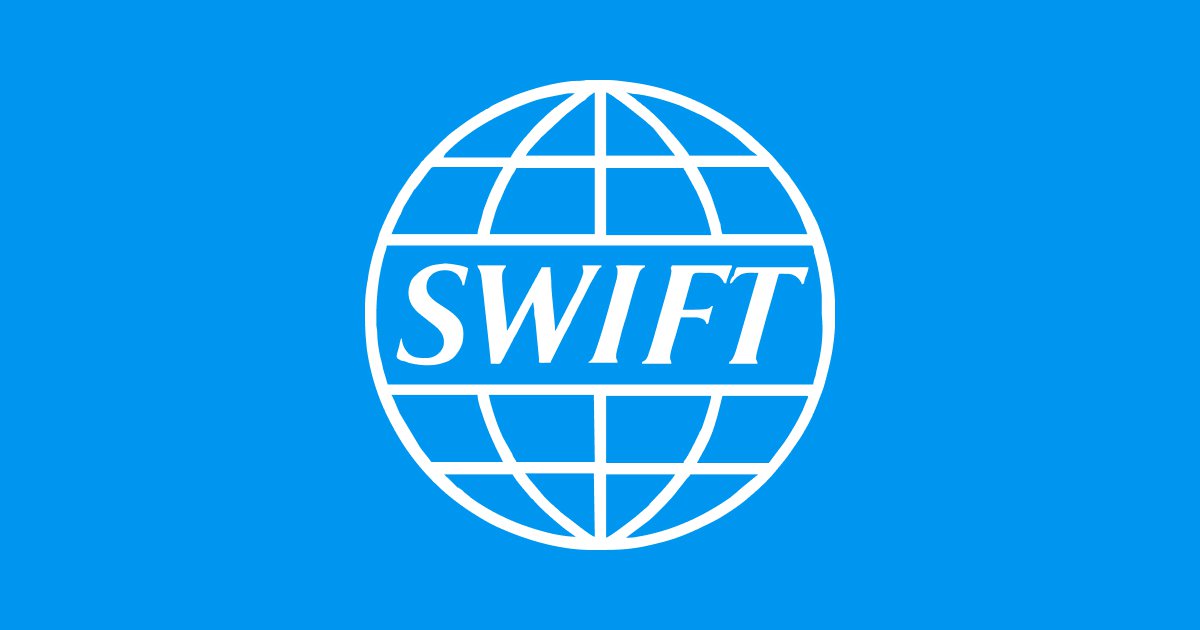The US and the European Union to some extent oust Russia from the SWIFT framework to stop the assault on Ukraine. It is most likely the approval with the best financial effect that can be forced on the country. However, what is the SWIFT framework? We let you know all that you really want to be aware of this installment technique and why, without it, Russian banks can not make global exchanges.
The separation of a few Russian banks from the global installment stage known as the SWIFT framework is one of the strain drives that third nations are settling on to make monetary harm Russia and prevent its leader, Vladimir Putin, from going on with the intrusion of Russia. Ukraine. Along these lines, Russia is to some degree financially detached at the global level since all pay and installments of the ousted banks are impeded, making transnational activities with substances that utilization the SWIFT framework unthinkable.
Chapter by chapter list
- What Is SWIFT System
- Since It Is An Important SWIFT System
- Who Is Involved In A SWIFT Transaction
- Benefits And Disadvantages Of The SWIFT System
What Is SWIFT System
Quick is the abbreviation for Society for World Interbank Financial Telecommunication, Society for International Interbank Financial Communications. It is a fundamental high-security installment framework in worldwide money, which is utilized to trade data through scrambled informing, making the different financial developments between global substances conceivable and more straightforward.
This helpful gathering was established in Brussels in 1973, subsequently offering the chance to make a typical language between banks to do different monetary developments. It at present has exactly 11,000 monetary establishments in excess of 200 nations and is controlled by a 25-part board. To put it plainly, it is a common information network in which 10 million messages are handled everyday, which empowers worldwide bank moves.
Read more:Why Digitize Your Business, Open Banking Data Security
Since It Is An Important SWIFT System
As we have seen, by far most of banks all over the planet have a place with the SWIFT organization, in this way making a quick and proficient arrangement of correspondence between every one of them with a typical language. Each bank has an alternate code, which is comprised of somewhere in the range of 8 and 11 alphanumeric digits that contains:
Recognizable proof of the code of the country in which the element is found.
Code of a similar bank.
Extra information: area and sort of branch.
Along these lines, with the SWIFT code you can be aware from where an exchange is being made.
Who Is Involved In A SWIFT Transaction
To do an activity with the SWIFT code, a few key elements should be associated with the exchange. They are the accompanying:
Originator: payer individual or organization that requests that your bank make an exchange charged to your record.
Giving bank: element that gets directions from the payer. It is devoted to really taking a look at the qualities of the development and, on the off chance that it considers it fitting, it gives the exchange through the SWIFT framework.
Journalist bank: a delegate seems when the development to be done is made in a cash other than that of the nation of the responsible bank.
Paying bank: here the recipient of the exchange has the record where the cash is gotten.
Recipient: the person who gets the installment in his record.
Benefits And Disadvantages Of The SWIFT System
This classified informing framework between banking elements is fundamental in the monetary framework since it has a progression of benefits that couple of different frameworks can coordinate, in spite of the fact that it likewise has a few disadvantages that we will make reference to later. Then, we show you the benefits that the SWIFT technique offers you while doing any exchange:
Security: encoded and classified messages so the installment request can’t be broken.
Mechanization: messages sent through a worldwide SWIFT organization.
Speed: all that’s needed is a couple of moments to send the message to any bank on the planet.
Normalization: basic correspondence that guarantees the dependability of the message.
Irreversible: nobody can stop the exchange whenever it has been done, not even the payer himself.
Minimal expense: it doesn’t suggest a significant expense in commissions.
With respect to downsides, the most eminent is that the SWIFT framework doesn’t deal with the business chance of the assortment. On the off chance that we end up in a circumstance where the product has been conveyed before the installment has been made, all that will rely upon the requesting party to consent to the capital installment term.
